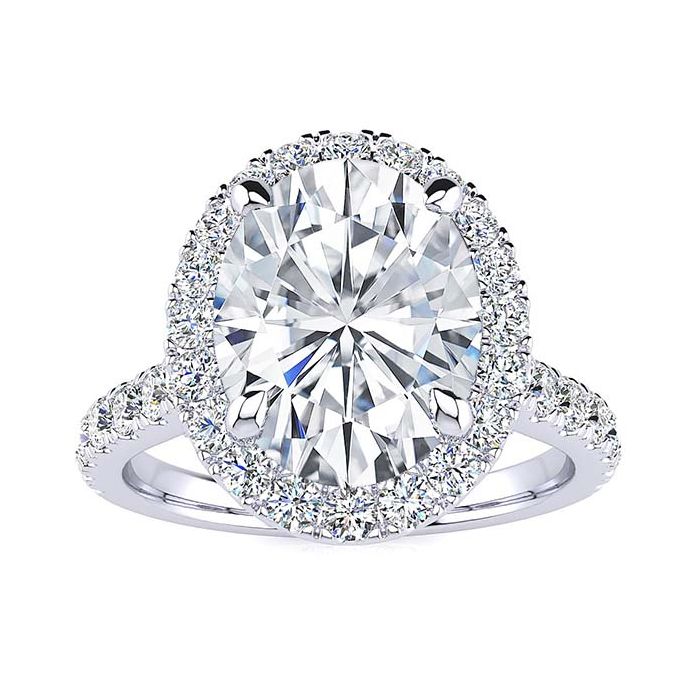
In the book Cognition & Strategy by Thomas W. Valente and Gary G. Gersick, the authors discuss the endowment effect, which is a cognitive bias that causes people to place a higher value on things that they own than on things that they do not own.
The authors use the example of moissanite rings to illustrate the endowment effect. Moissanite is a gemstone that is often referred to as a “synthetic diamond” because it has a very similar chemical composition and physical properties to diamond. However, moissanite is actually a naturally occurring mineral that was first discovered in 1893 in a meteorite that crashed in Siberia.
Moissanite rings are less expensive than diamond, and it is available in a wider range of colors. Moissanite is also just as durable as diamond, but it is slightly less scratch-resistant.
The authors argue that people who own moissanite rings are more likely to place a higher value on them than people who do not own moissanite rings. This is because people who own moissanite rings have already invested in them, both financially and emotionally. They have chosen to buy a moissanite ring, and they have likely spent time and energy thinking about it and deciding which one to buy.
As a result, people who own moissanite rings are more likely to view them as being more valuable than people who do not own moissanite rings. This is even though the two gemstones have very similar physical properties.
The endowment effect is a powerful cognitive bias that can have a significant impact on our decision-making. It is important to be aware of this bias so that we can make more informed decisions about the things that we own.
Conclusion
The endowment effect is a cognitive bias that causes people to place a higher value on things that they own than on things that they do not own. This bias can be seen in the case of moissanite rings, where people who own moissanite rings are more likely to place a higher value on them than people who do not own moissanite rings.
It is important to be aware of the endowment effect so that we can make more informed decisions about the things that we own. If we are aware of this bias, we can be more objective when evaluating the value of different things.